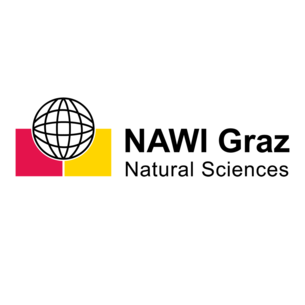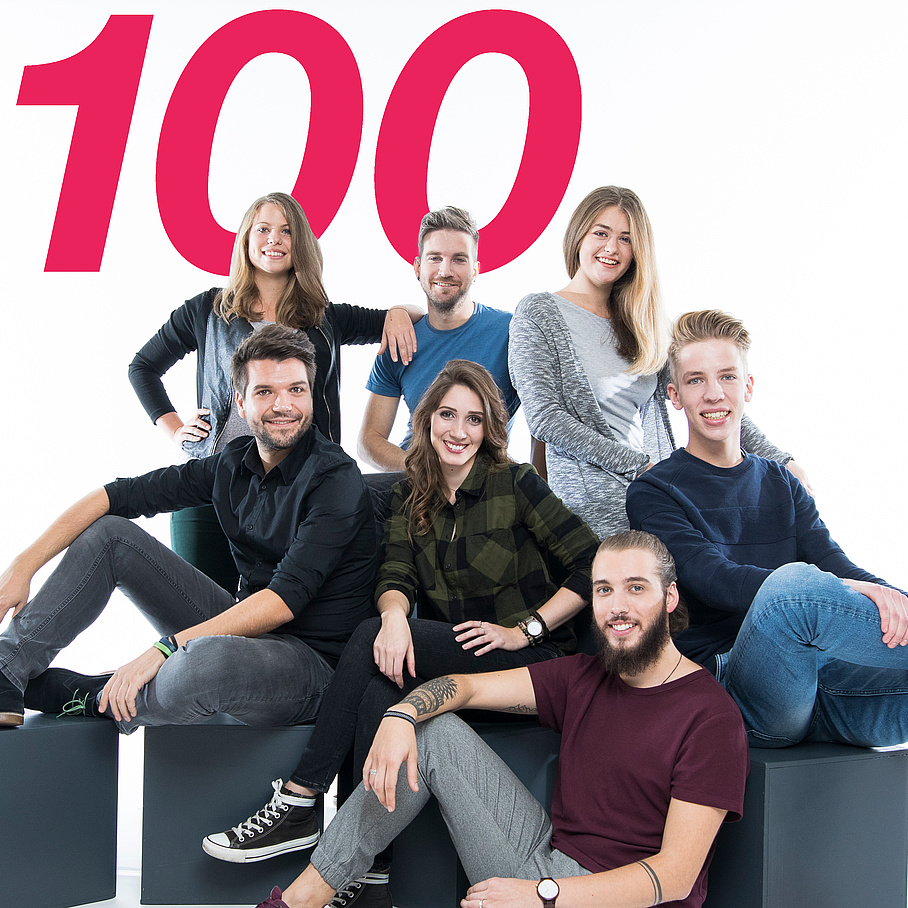Quick Facts
- Duration of study: 4 semesters
- ECTS credit points: 120
- Academic degree:
Diplom-Ingenieurin
orDiplom-Ingenieur
(Dipl.Ing. or DI), equivalent to the Master of Science (MSc) - Language of instruction: English
The Master's Programme
In the master’s degree programme Mathematics, you will build on the mathematical competences you acquired in your bachelor’s studies in the subject areas of analysis, algebra, stochastics, numerical mathematics and discrete mathematics.
You will work on mathematical methods and train your mathematical thinking and working skills, e.g. in recognition of structures and relationships, in abstraction and analysis, in deductive, formal and algorithmic thinking.
You will further develop your mathematical problem-solving competence, e.g. in the mathematical modelling of processes in engineering, economics and science, in the appropriate use of computerised support and in critical interpretation of the results.
Focus Areas
You will specialice in one of the following focus areas:
Applied Mathematics: You will work on the application of mathematical models in subject areas such as social sciences, natural science, engineering, economics, computer science or medicine, e.g. with models of fluid flow in the heart.
Discrete Mathematics: You will study advanced topics in discrete mathematics, such as stochastics, information theory and commutative algebra, and their application, e.g. in cryptography.
Financial and Actuarial Mathematics: You will apply mathematical methods to issues in finance and insurance. Collaboration with people working in these industries will give you insights into actual practice.
Statistics and Operations Research: You will work on topics such as statistical experimental design, big data or the optimization of production processes.
Technomathematics: You will study mathematics for engineering and technology. In shared courses with students of mechanical or civil engineering, you will learn to apply your mathematical competences in engineering projects.
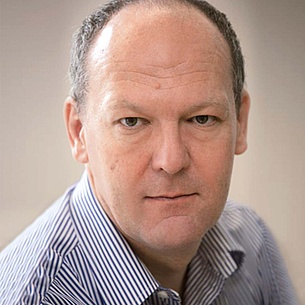
Many modern technologies are no longer possible without sophisticated mathematical methods. In the master's programme you reach a mathematical level needed for these applications.
Collaborations and Networks
International academic collaboration plays an important role in the master’s programme. Students can participate in the international activities of the institutes. Also, international guest professors regularly present insights into their research.
Contacts with the world of mathematics in business and industry exist for example with companies such as GraWe, AVL or Sappi. The programme includes advanced courses given by external lecturers from such companies. We also support student projects involving collaborations with local businesses.
Admission
The prerequisite for admission is a completed bachelor’s degree in a relevant subject (see curriculum).
Additionally, you need to provide evidence of competence in the English language.
1. Admission Procedure
For the academic year 2025/26 there will be no admission procedure.
You can go directly to the next step (2. Admission).
2. Admission
- Admission and deadlines for international students
- Admission and deadlines for Austrian students who are registering to study at TU Graz for the first time
If you have already been admitted to a degree programme at TU Graz, or have studied at TU Graz before, please come to the Registrar's Office in person to complete your admission during the admission period.
Fragen zur Zulassung?
Contact study@tugraz.at
Career Prospects
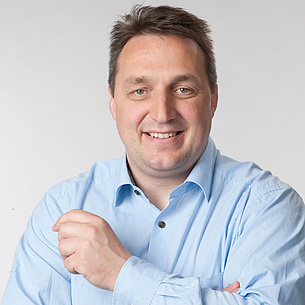
The TU Graz degree programme provided me with several core competencies, such as how to take a fearless approach to my subject and persevere when dealing with complex challenges, as well as a good combination of solid theoretical training and skills for practically applying what I had learned. Plus, it was simply fun.
Professional Fields
Mathematicians work in industry, business and science, for example:
- on application of mathematical models in industry, engineering and science,
- in the implementation of deterministic and stochastic models in economics, administration, finance and insurance,
- in developing theoretical and practical solutions to problems in data security and communication technology,
- in development of methods that are a necessary part of many modern everyday devices and technologies, such as imaging in medicine and engineering, communication and security in data transfer, risk management in banking and insurance and computer-based methods in science and engineering.
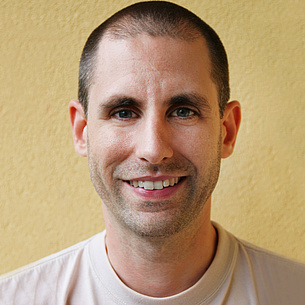
I was already fascinated by mathematics as a kid and was fortunate enough to turn my passion into a career. I still fondly remember my time as a student and stay closely connected to TU Graz. I work together with colleagues from all over the world, and many of my contacts date back to my time in Graz.
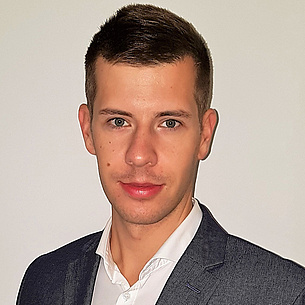
The master's degree in mathematics offers many different options for specialisation and the opportunity to take your studies in an individual direction. I chose the specialisation in financial and actuarial mathematics, and I am now working as a university assistant at the Institute of Statistics at TU Graz.
The thing that made me decide to begin a doctoral programme was my master’s thesis – in the discussions with my supervisor, I caught his enthusiasm for his research field.


